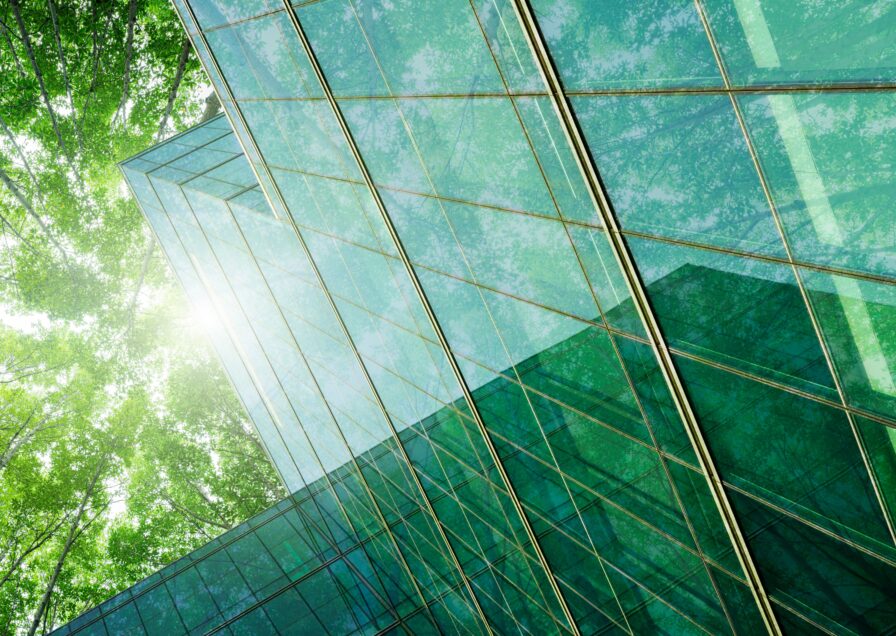How can we help you?

We have all become aware that sustainability is not an option but a necessity. In the real estate sector, this commitment to the environment is reflected in various ways, one of which is the promotion of sustainability certifications.
These certifications ensure that the asset meets the standards set to minimize its environmental impact, optimize resource use, and verify the well-being of the people who will use it. Sustainability certifications, therefore, guarantee that real estate projects comply with standards related to areas such as energy efficiency, responsible use of water and materials, indoor air quality, occupant health and well-being, and carbon emissions reduction.
In addition to the growing demand from governments and cities requiring environmental standards that these certifications ensure, certifying a property not only minimizes its impact on the environment but also offers numerous benefits for both property owners and users, such as increasing its market value. Some of the most notable benefits include:
LEED (Leadership in Energy and Environmental Design): Internationally recognized, this standard validates the efficiency in resource and energy use of a new or existing building.
BREEAM (Building Research Establishment Environmental Assessment Method): A sustainable building certification developed by the UK-based BRE Global organization. It began commercialization in the 1990s. Applicable to both commercial and residential properties, it has been adapted to Spanish language, regulations, and construction practices since 2010.
EDGE (Excellence in Design for Greater Efficiencies): Developed by the International Finance Corporation (IFC), it is primarily used during the building design phase to reduce operating costs and environmental impact. It also evaluates assets during construction or existing properties to review and, if necessary, improve these indicators.
WELL: Unlike other certifications that prioritize energy efficiency and environmental sustainability, WELL is designed to improve the comfort, health, and quality of life of building occupants by integrating physical, mental, and emotional aspects.
Newsletter